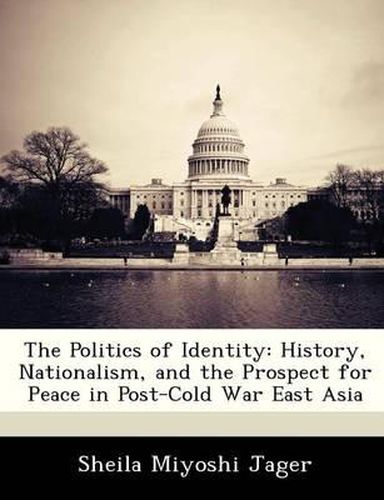Readings Newsletter
Become a Readings Member to make your shopping experience even easier.
Sign in or sign up for free!
You’re not far away from qualifying for FREE standard shipping within Australia
You’ve qualified for FREE standard shipping within Australia
The cart is loading…






Both the Taiwan Strait and the Korean peninsula harbor real dangers for the Northeast Asian region. The clash between an increasingly divergent nationalist identity in China and in Taiwan represent a new challenge for U.S. policy in this area. Similarly, the rise of pan-Korean nationalism in South Korea, and an unpredictable North Korean regime that has succeeded in driving a wedge between Seoul and Washington, has created another highly combustible zone of potential conflict. The author explores how the United States might respond to the emerging new nationalism in the region in order to promote stability and peace. Offering a constructivist approach which highlights the central role that memory, history and identity play in international relations, the monograph offers wide-ranging implications for U.S. foreign policy.
$9.00 standard shipping within Australia
FREE standard shipping within Australia for orders over $100.00
Express & International shipping calculated at checkout
Both the Taiwan Strait and the Korean peninsula harbor real dangers for the Northeast Asian region. The clash between an increasingly divergent nationalist identity in China and in Taiwan represent a new challenge for U.S. policy in this area. Similarly, the rise of pan-Korean nationalism in South Korea, and an unpredictable North Korean regime that has succeeded in driving a wedge between Seoul and Washington, has created another highly combustible zone of potential conflict. The author explores how the United States might respond to the emerging new nationalism in the region in order to promote stability and peace. Offering a constructivist approach which highlights the central role that memory, history and identity play in international relations, the monograph offers wide-ranging implications for U.S. foreign policy.